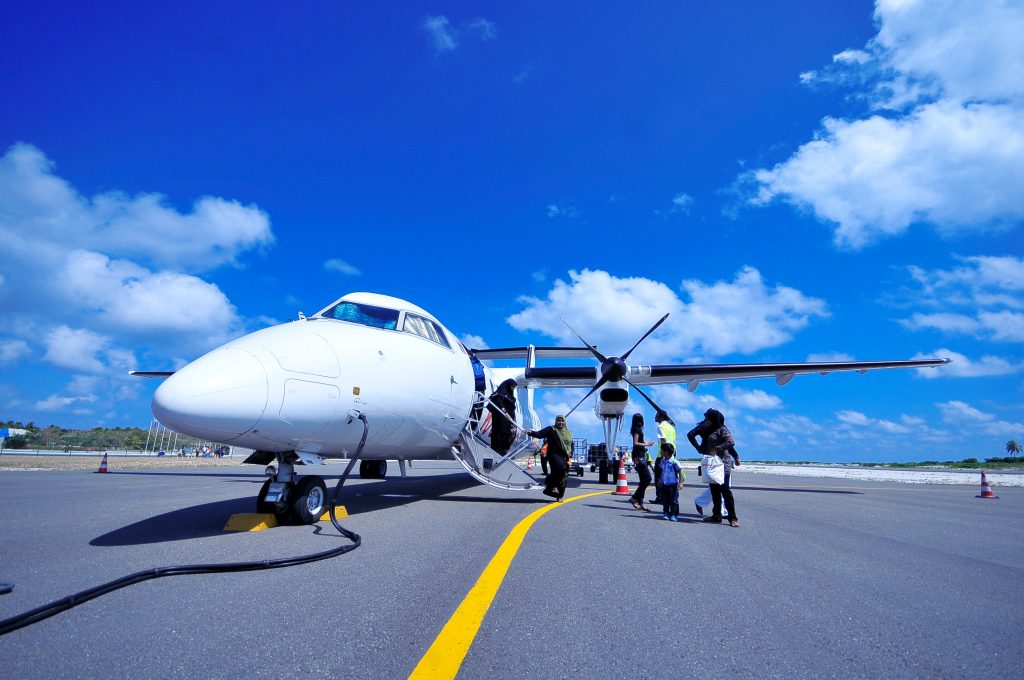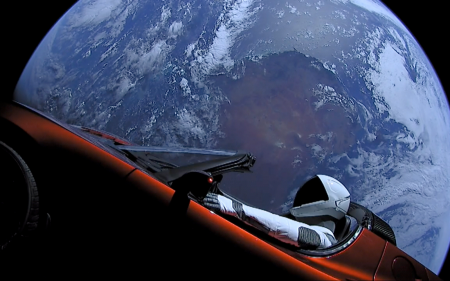When I booked my first flight since lockdown, I didn’t even check the prices of other airlines. Price used to be the most important criteria for booking a flight until I encountered the professionalism and reliability of FlySafair.
Not only are they reliable, but they have thought through the user experience in a way that other airlines simply haven’t. Before Covid, when I arrived at the airport, I got an SMS telling me which gate to go to. The emailed boarding pass was cleverly designed to be viewed on a mobile phone – “doh!” as Homer Simpson likes to say – because that is the default device we all use.
If you printed out the PDF, it was intuitively designed to fold into four, with the boarding pass on the top. It was a pleasure to fly with them, not just because they had updated their way of dealing with passengers by providing them with the right format for their smartphones, but because FlySafair is always on time.
They’ve simultaneously nailed their technology and the customer experience.
So it was by a strange fluke that I was flying out of Cape Town International Airport on a Saturday. I thought the airport was very quiet for a Saturday. It turns out BA and Kulula were grounded for safety concerns.
What had amazed me the most is the backlash on suicidal media about the suspension of the airlines’ flying licences.
Complain about the airlines if you want (and let me know how many of those angry Twitter rants result in any action) but why attack the Civil Aviation Authority?
What should the CAA do? It’s not like an engine problem or a flat tyre that you can pull over to the side of the road and repair, is it?
Why attack a safety watchdog, whose actual job is to prevent planes from falling out of the sky?
People are weird. It’s the shoot-the-messenger psychosis. The bearer of the bad news is worse than the bad news itself.
It might be a proximity thing. People lash out at the closest target, even if it’s the lifeguard coming to help a drowning swimmer.
I’ve watched an alternative narrative emerge that argues against the “Marvelisation” of Ukrainian President Volodymyr Zelensky, warning against turning him into a hero. I might have misunderstood the nuances of this navel-gazing media argument because he’s actually fighting a war against Russian soldiers shelling hospitals.
Sure, there’s time for a debate about how people get glorified or vilified too easily. But really? Can we wait until the war is over before debating if Winston Churchill was lionised too much? This Ukrainian conflict does recall Churchhill’s famous “never have so many owed so few”.
Some people really do have too much time, and can’t quite grasp there’s an actual war with real-world consequences taking place.
After weeks of an unnecessary war and the unspeakable suffering of ordinary people, it’s almost as if this is Vladimir Putin’s last putsch to be part of history.
What has truly puzzled me is the dogged devotion of Chelsea fans for the pig of a human being that is Romans Abramovich. People seem oblivious to how he earned his billions and how many ordinary Russians have paid the price in poverty of his wholesale corruption. It’s easy to forget the true cost of corruption to millions of impoverished Russians when your team is winning.
It’s like Atul Gupta bought a football club with profits from ripping off by convincing Transnet to buy too-tall trains and is now being defended for “how much he has done for the club”.
It’s the same self-serving navel-gazing nonsense we hear from ANC politicians still trying to claim their fraud and corruption charges are “part of factional battles”.
If bad people use their ill-gotten gains to buy sports teams, they’re still bad people and the money is still stolen.




